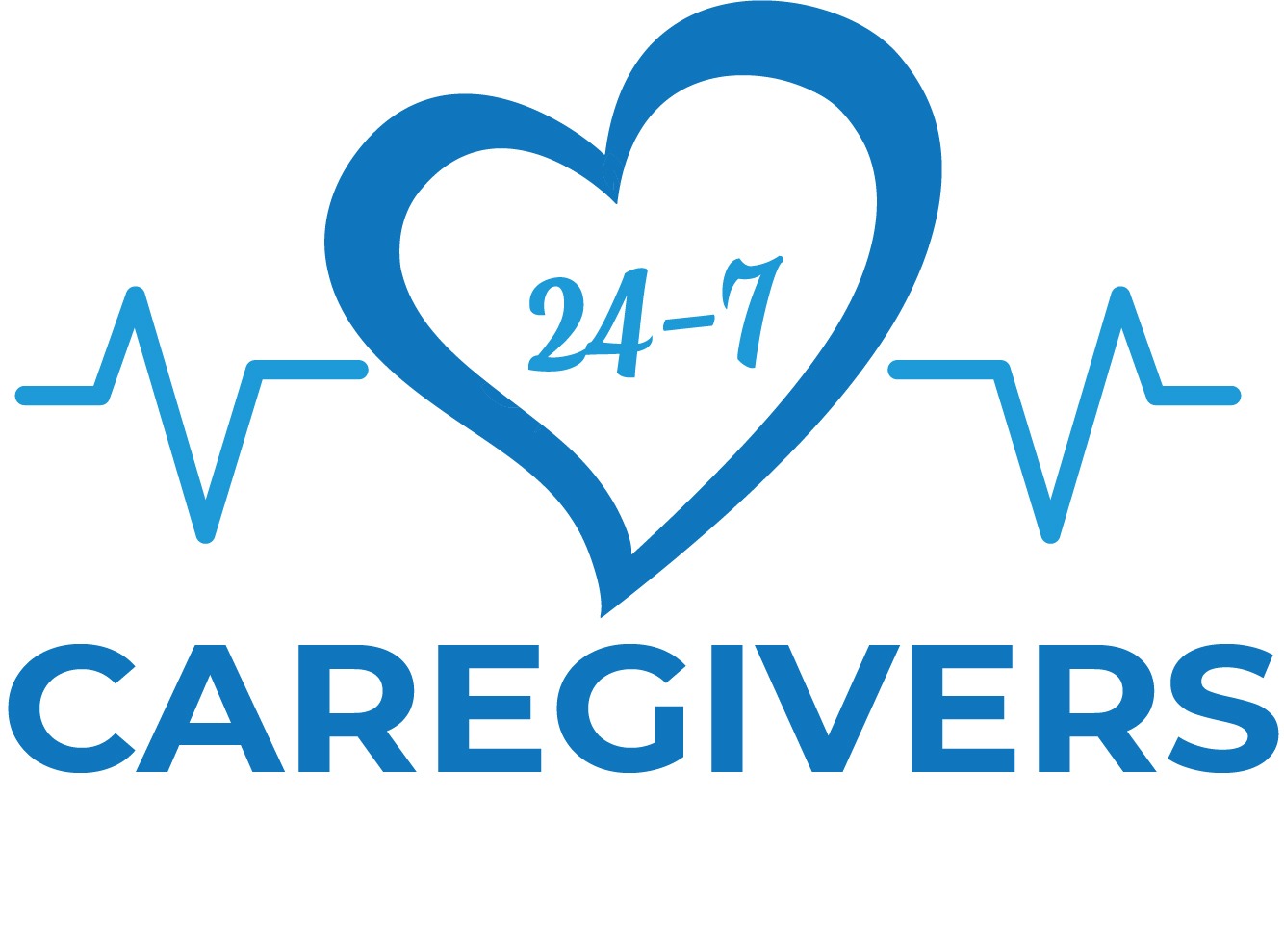Early Signs of Dementia or Just Aging?
Understanding the Differences Early Signs of Dementia
As individuals age, it’s natural to experience certain changes in memory and cognitive abilities. However, distinguishing between normal aging and early signs of dementia can be challenging. Recognizing the differences is crucial for early detection and intervention. In this blog post, we will explore the early signs of dementia and provide insights to help differentiate them from typical age-related changes.
Memory Loss & Early Signs of Dementia
Memory lapses can occur with age, but they tend to be more occasional and involve minor details. Misplacing items occasionally or forgetting names temporarily are common age-related memory blips. In contrast, early signs of dementia involve more significant memory impairment. Individuals may forget important events, repeat questions frequently, and struggle to retain new information. They may rely on memory aids or reminders to compensate for their declining memory.
Difficulty with Language & Early Signs of Dementia
While it’s common for older adults to occasionally search for words or have difficulty recalling names, persistent language problems can indicate early signs of dementia. Individuals may struggle to find the right words during conversations, frequently pause or substitute words, or have trouble following or participating in discussions. Expressing thoughts coherently may become increasingly challenging.
Impaired Problem-Solving and Decision-Making:
Normal aging may cause subtle declines in problem-solving and decision-making abilities. However, early signs of dementia often lead to noticeable difficulties in these areas. Individuals may struggle with basic calculations, have difficulty following instructions, or find it challenging to manage finances. They may also exhibit poor judgment, making impulsive or irrational choices that are out of character.
Disorientation and Confusion:
Getting momentarily disoriented or forgetting the day of the week occasionally is normal. However, persistent confusion and disorientation are red flags for dementia. Individuals may become disoriented in familiar places, forget how to perform routine tasks, or struggle to follow directions to locations they have visited many times before.
Changes in Mood and Personality:
Normal aging may bring about some changes in mood and personality, but they are generally within the normal range. Early signs of dementia, on the other hand, can cause significant shifts in mood and personality. Individuals may experience uncharacteristic irritability, agitation, or depression. They may exhibit increased anxiety, paranoia, or social withdrawal. Such changes are often noticeable to family members and friends.
Decline in Motor Skills and Coordination:
While mild changes in motor skills and coordination can be attributed to aging, significant and noticeable declines may indicate early signs of dementia. Individuals may experience difficulties with activities that require fine motor skills, such as buttoning clothes or using utensils. They may also exhibit problems with balance, coordination, or a decline in spatial awareness.
Impaired Sense of Time and Spatial Awareness:
Normal aging may cause occasional lapses in estimating time or temporarily forgetting appointments. In contrast, individuals with early-stage dementia may lose track of time frequently, struggle to comprehend the sequence of events, or become disoriented regarding their location or surroundings. They may experience difficulty with directions and getting lost even in familiar places.
Conclusion:
Differentiating between normal aging and early signs of dementia is crucial for timely intervention and support. While occasional memory lapses and mild cognitive changes are a part of the aging process, persistent and significant declines in memory, language, problem-solving, and personality may indicate early signs of dementia. It is important to consult with healthcare professionals if these signs are present, as early diagnosis allows for the implementation of appropriate treatments, interventions, and support systems. Regular cognitive screenings, maintaining a healthy lifestyle, engaging in mentally stimulating activities, and seeking medical attention for concerns can contribute to overall brain health and well-being as we age.

